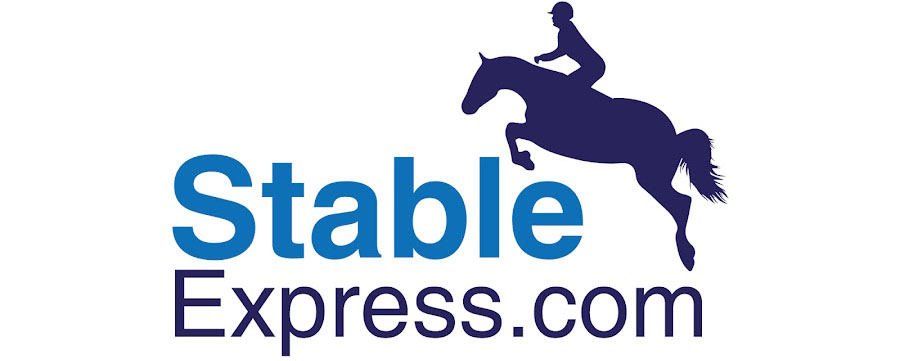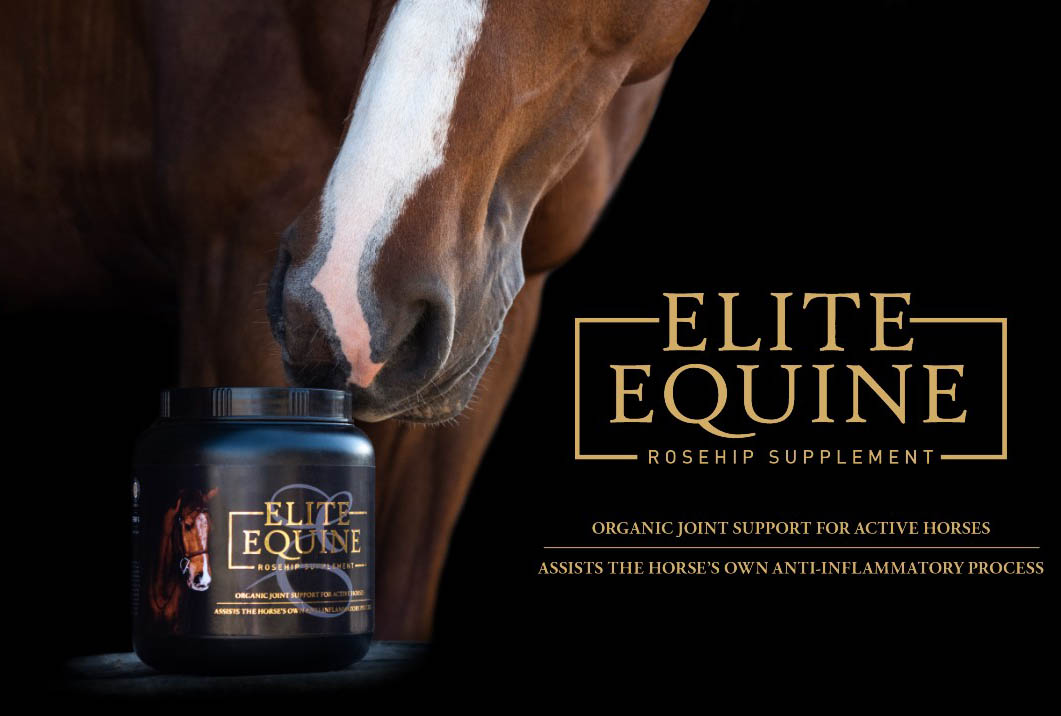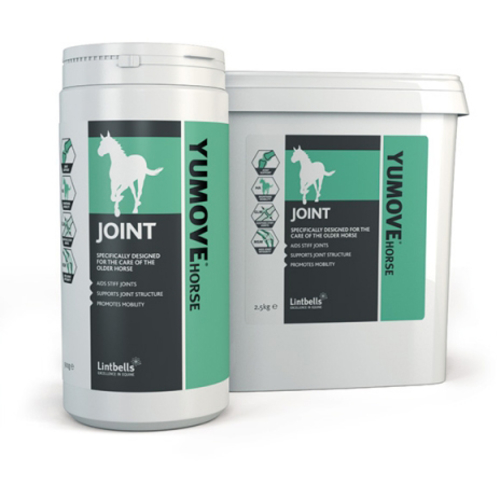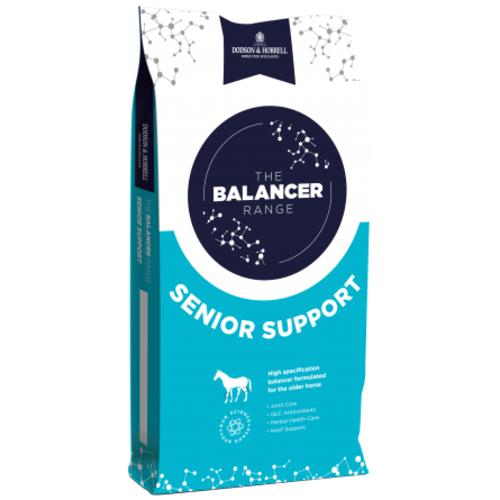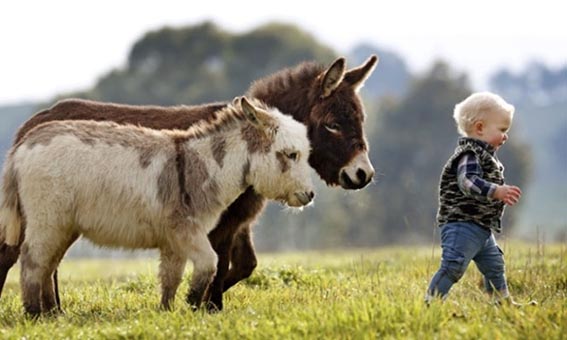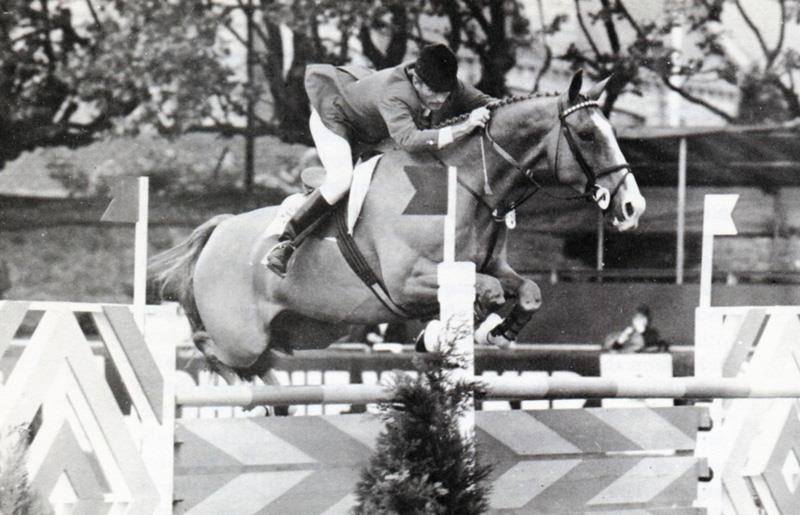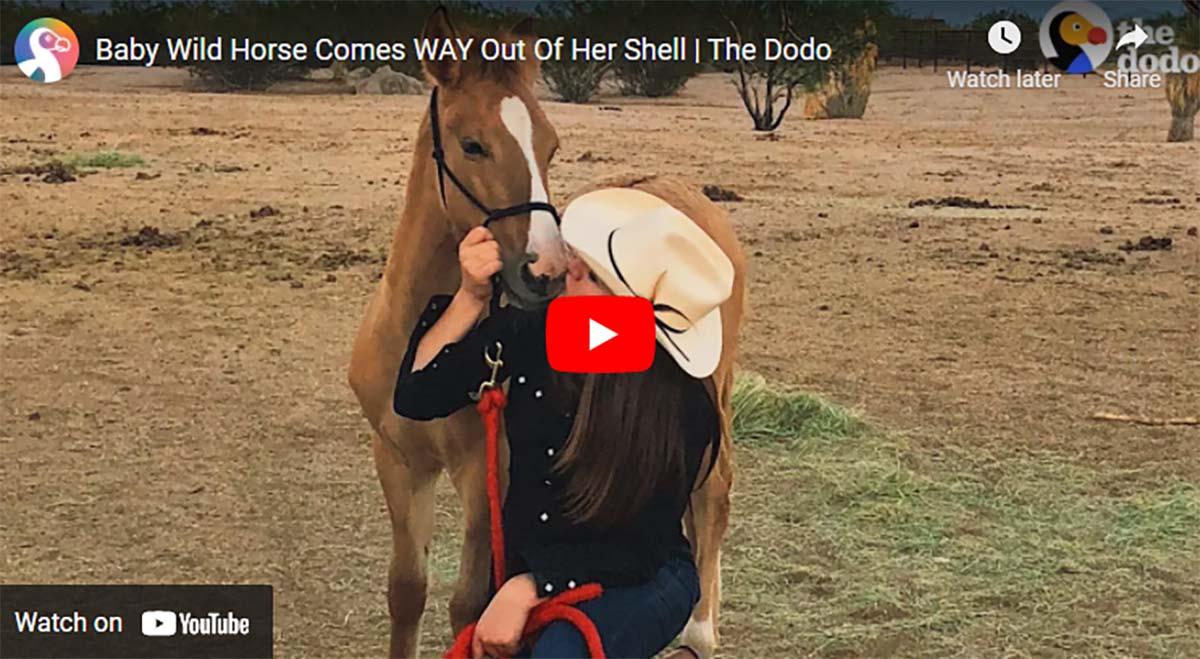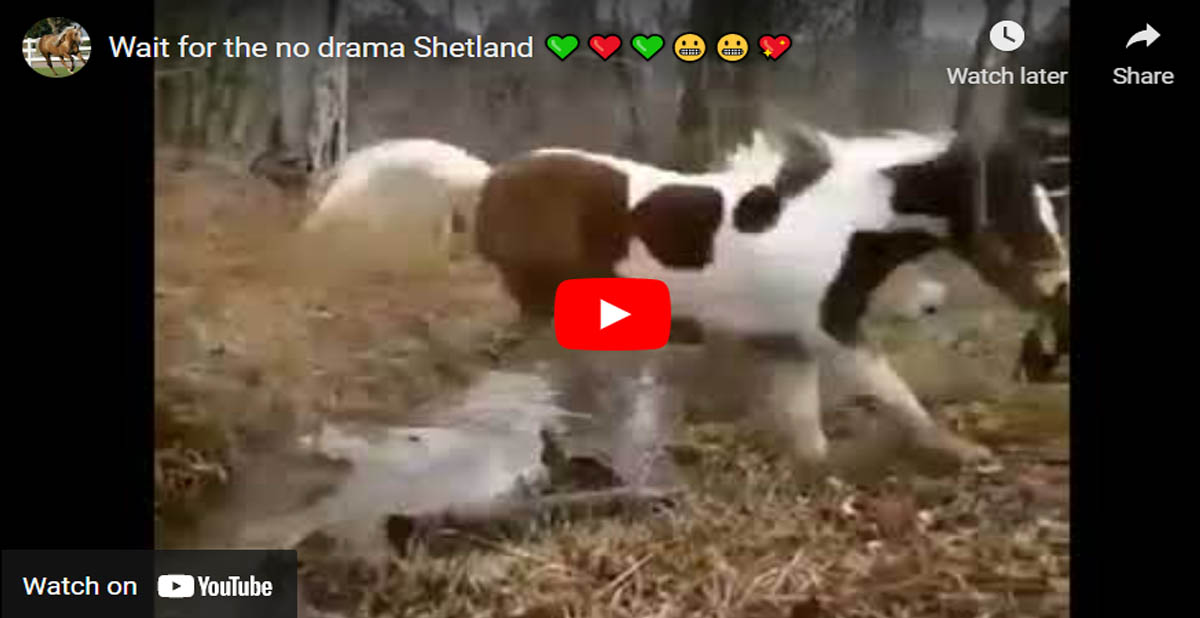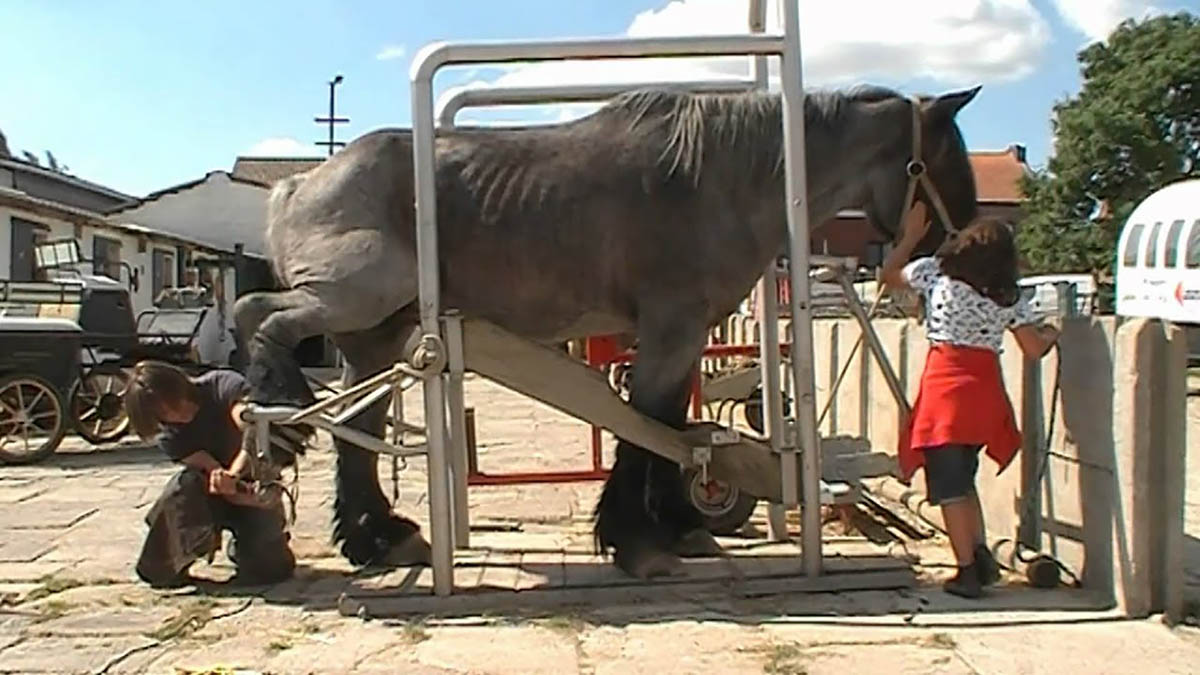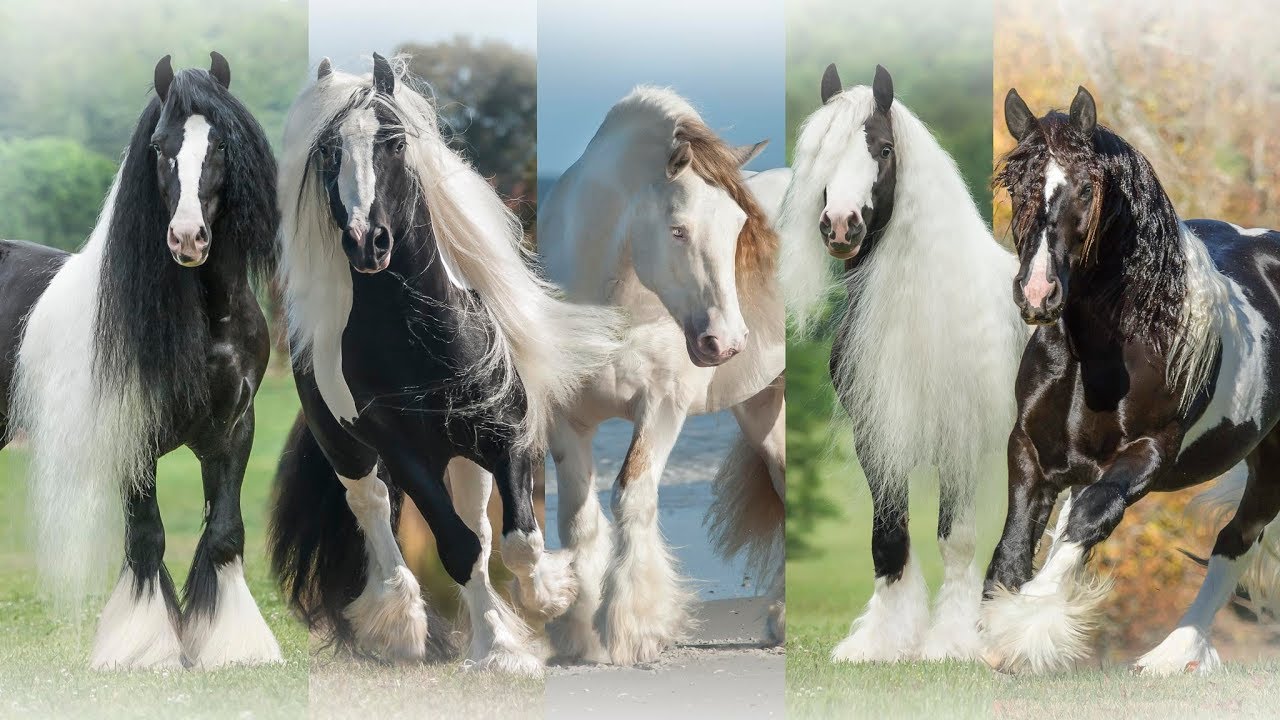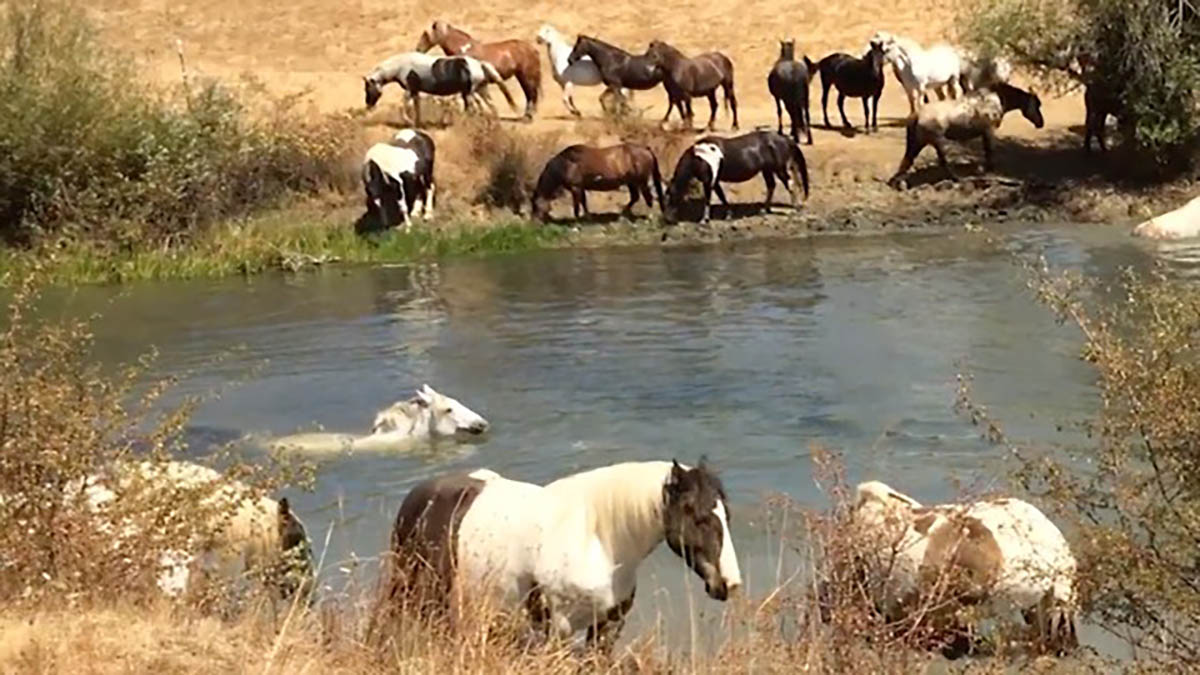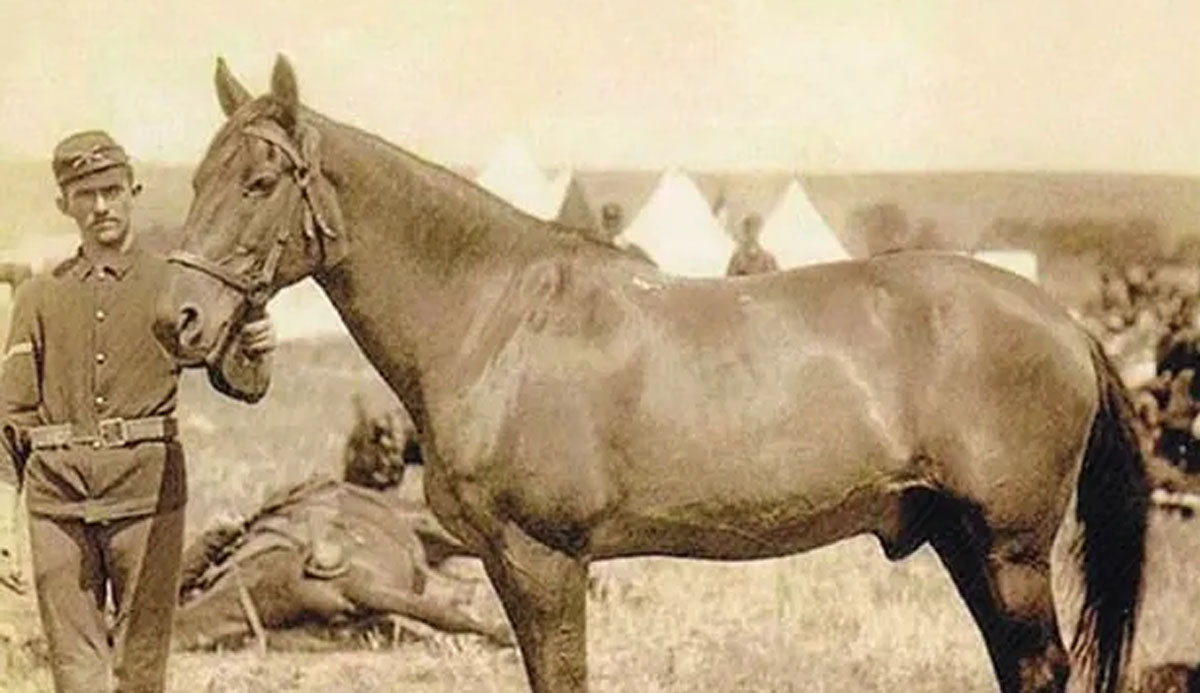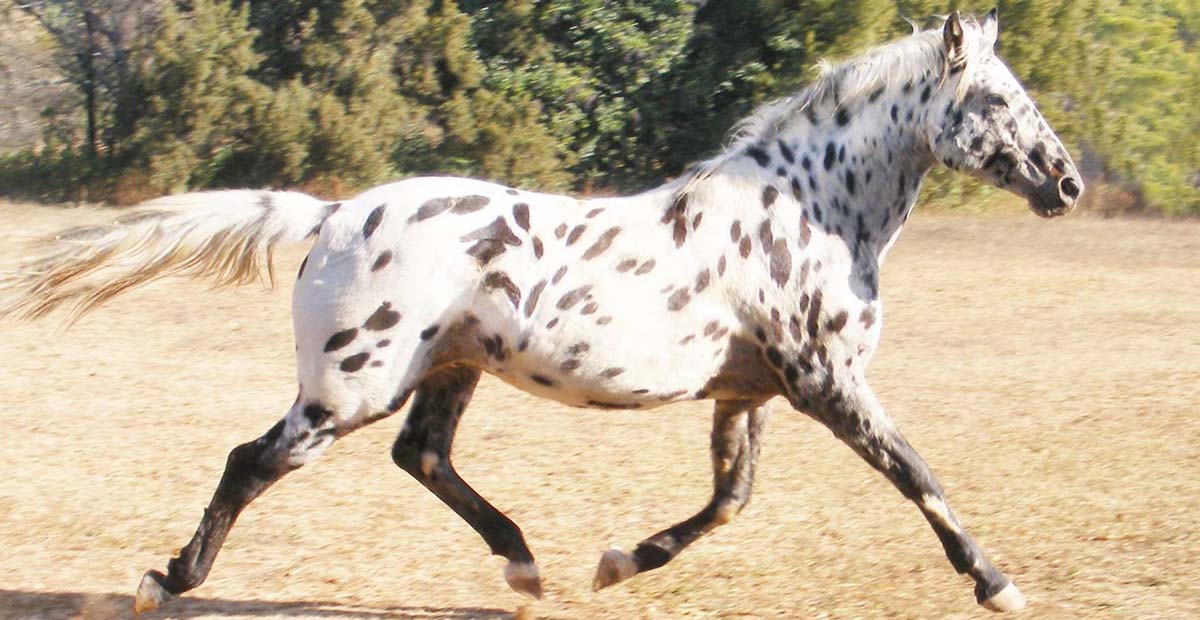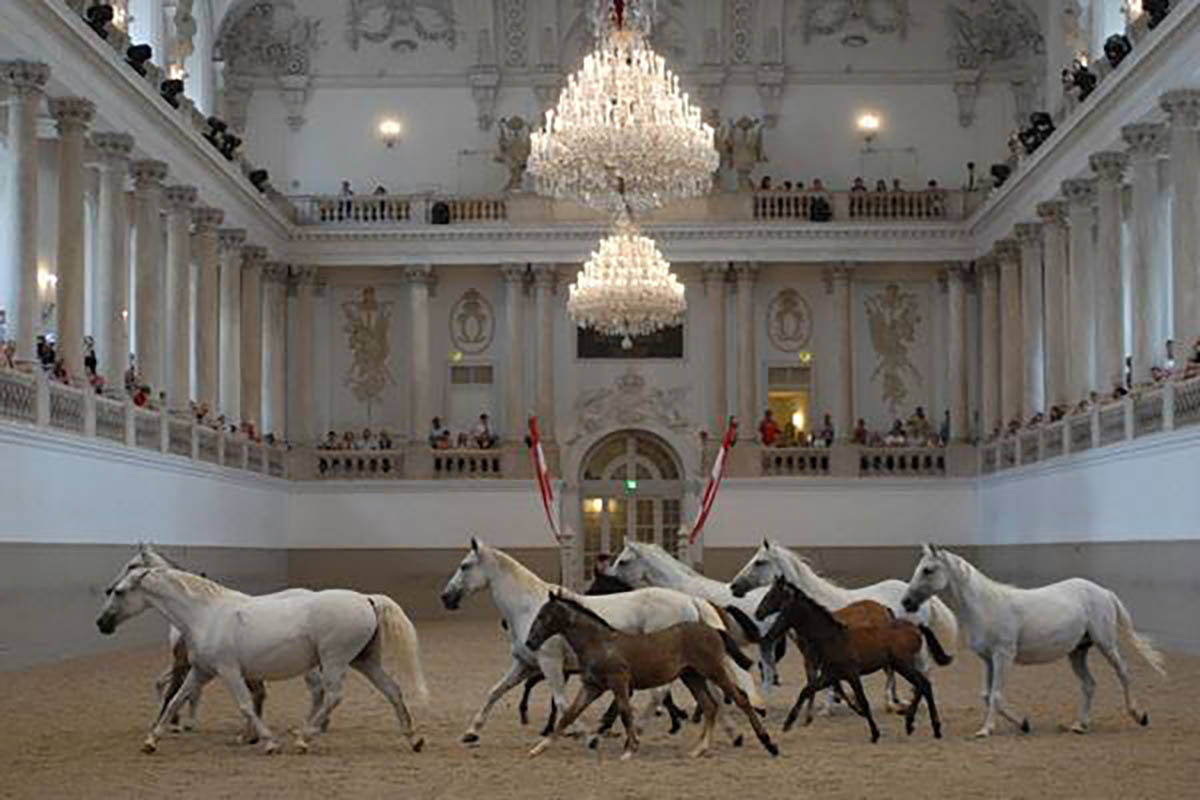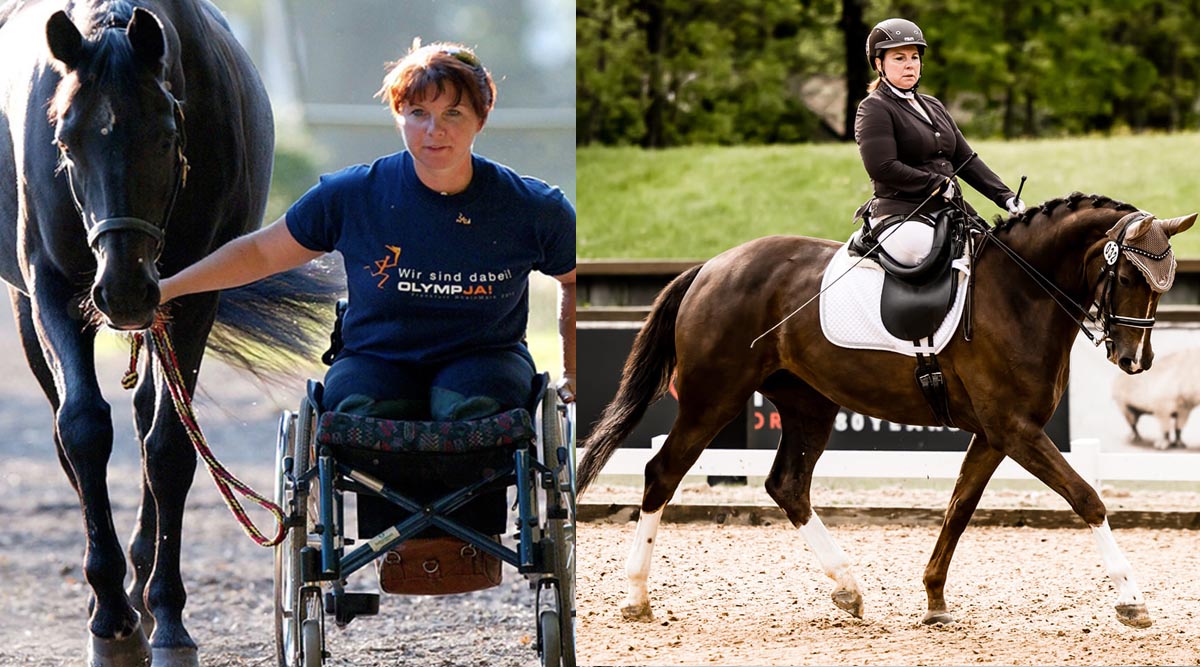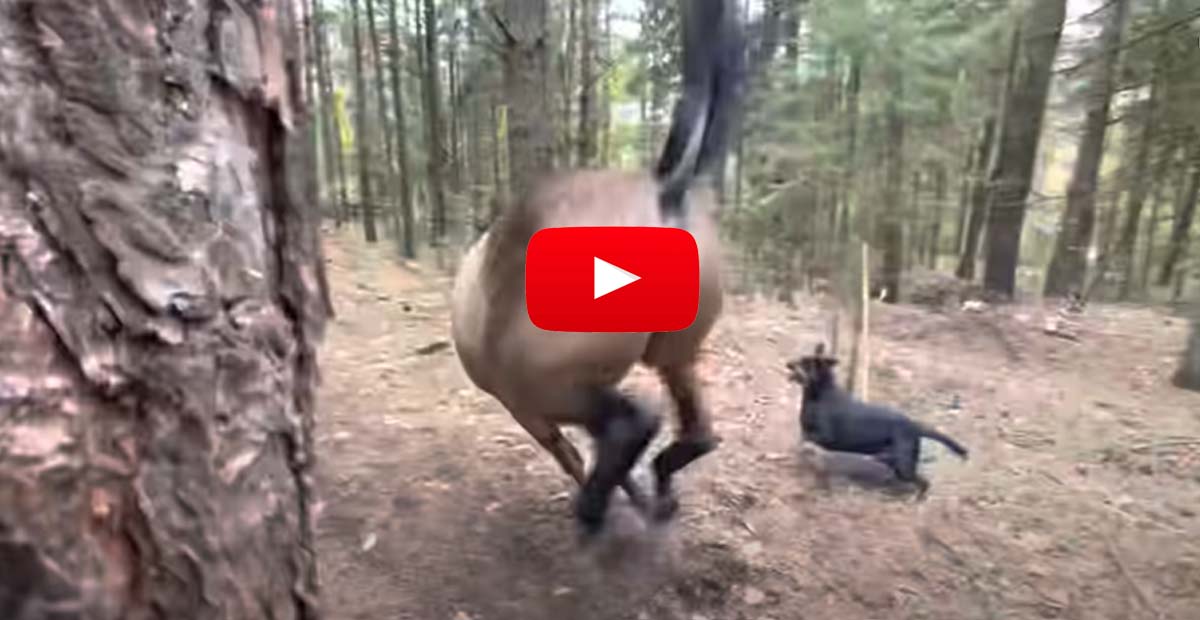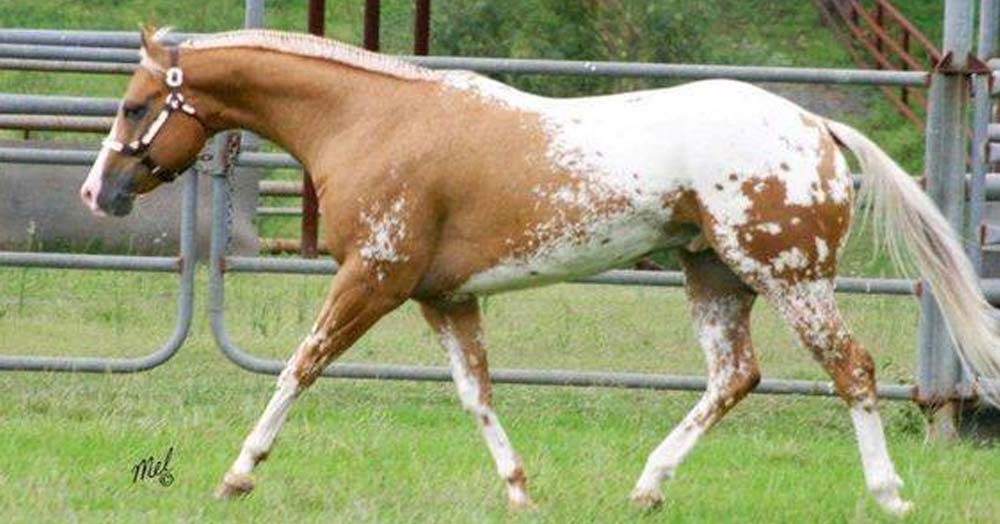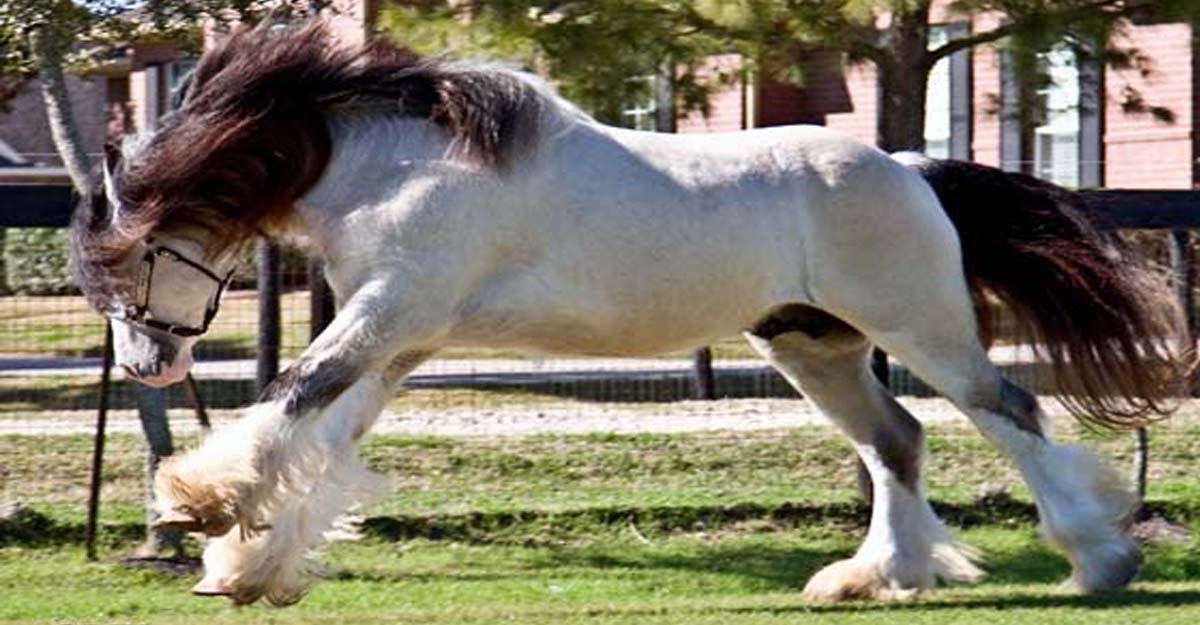Horse Supplements
1. If a horse has good quality hay and fresh water, they do not need supplements in their diet. True or False? 1. The answer is False. - Staff Veterinarian/Medical Director at SmartPak Dr. Lydia Gray makes it clear that some horses may need supplements, even if they have a good quality, forage-based diet. `Horses thrive on a complete and balanced diet. Supplements may bridge the gap between forage and the minimum level of nutrients as recommended in the National Research Council (NRC) Nutrient Requirements of Horses, as well as provide additional support for problem areas. Once the horse`s diet is complete and balanced, his life and environment are well-managed (such as turnout, socializing, exercise), and he is on a good preventive wellness program with the veterinarian, farrier, etc.,` continues Dr. Gray, `If he needs more support in a specific area, say hooves, weight gain, or stomach health, then there are products to help that particular horse, such as biotin for hooves, fat for weight gain, or aloe vera for stomach health.` 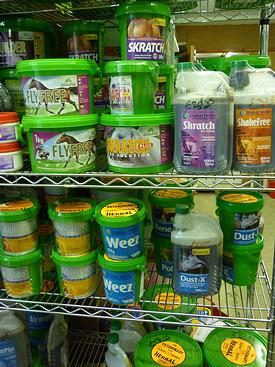 2. The answer is False. - A common misconception, according to Dr. Rachel Roemer of Great Bay Equine, a veterinarian located in Portsmouth, NH, is that supplements are harmless. `Most supplements are very safe and unlikely to cause a problem. However, some supplements can be overdosed, such as selenium and magnesium, and can cause significant problems,` says Dr. Roemer. She advises all owners to follow the feeding instructions on the label and consult their veterinarian for advice before starting a new supplement. 3. Which of the following is a type of non-feed supplement? - a. Weight gain supplements - b. Hoof supplements - c. Multi-vitamins - d. Joint supplements The answer is D. - According to Dr. Gray, there are two types of supplements, non-feeds and feeds. These can be differentiated according to the format on the label. Dr. Gray says, `Feeds, which use Association of American Feed Control Officials guidelines, give a guaranteed analysis. Non-feeds, on the other hand, use National Animal Supplement Council and Food and Drug Administration guidelines, and list Active and Inactive ingredients. Examples of feeds, which contain recognized nutrients, are hoof supplements, supplements with fat, and vitamin and mineral supplements,` says Dr. Gray. She shares some examples of non-feed supplements as well; `Joint supplements, a lot of herbal supplements, and basically anything for which the NRC doesn`t list as a requirement but supports some structure or function in the horse.` 4. Supplements are addictive to horses. True or False? 4. The answer is False. - Farnam`s own nutritional expert Dr. Richard G. Godbee says that in general, supplements are not addictive. `I am not aware of a physiological/pathological need for any supplement,` he states. Dr. Gray agrees, `Whenever I get asked this question, my response is always, `you wouldn`t consider hay to be addictive or water to be addictive, and since many supplements provide basic, straightforward nutrients like vitamin E or magnesium, nutrition that your horse needs to survive, these cannot be considered addictive.`` Dr. Roemer does suggest that cutting a horse off from a supplement should be planned out. `It is prudent to ask your veterinarian before stopping a supplement `cold turkey,`` says Dr. Roemer. `In some cases, the horse may need the supplement indefinitely, such as a horse with a chronic vitamin E deficiency, or it may be better to slowly decrease the supplement before stopping it.` 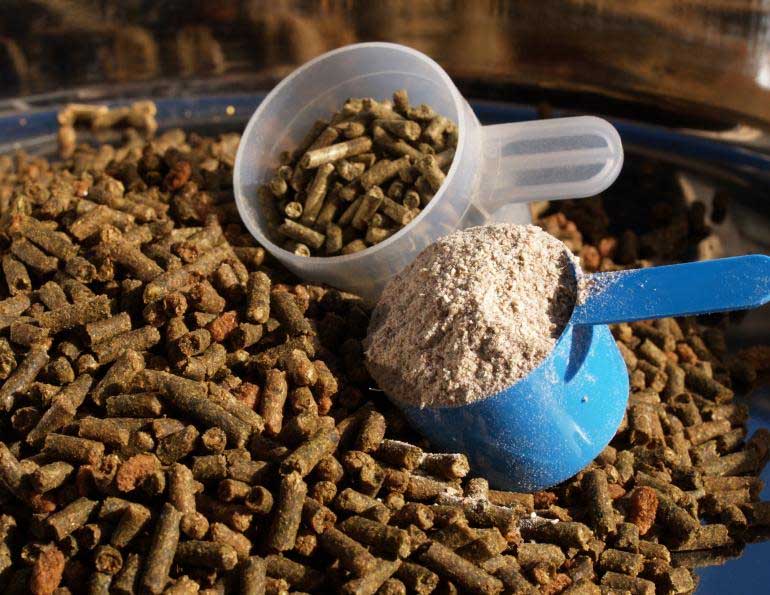 5. The answer is True. - All our experts agree that typically it is safe to mix different supplements during feeding. However, Dr. Gray recommends against mixing them in advance, `Because there can be interactions between nutrients that can result in degradation or loss of potency; SmartPak generally does not recommend mixing different supplements for an extended period of time before feeding.` Mixing directly before a feeding, however, `Is generally fine,` according to Dr. Gray. Dr. Roemer also says, `Be aware of the individual ingredients in each supplement and determine where there are redundant ingredients. More of an ingredient may not necessarily be better.` Dr. Godbee also brings up that oversupplementation of selenium, vitamin A, and vitamin D is possible, and to be sure to check this before feeding. In regards to mixing, all our specialists say it is best to consult a veterinarian or nutritionist if there is concern. 6. Equestrian Supplements can replace prescription medications. True or False? 6. The answer is False. - According to Dr. Roemer, `Supplements are not a replacement for prescription medications. They may, however, be used in conjunction with prescription medications in many cases. Medications (including non-steroidal anti-inflammatory drugs, antibiotics, etc.) have a specific mechanism of action different from that of supplements. Prescription medications are often used for a limited period of time, while supplements can be used long-term to help support horse health.` 7. Which of the following nutrients does not have an increase requirement with exercise? a. Vitamin D b. Protein c. Potassium d. Vitamin E 7. The answer is A. - According to the NRC, there are a few nutrients with requirements that increase with exercise. Dr. Gray says that some of these include protein, calcium, phosphors, magnesium, potassium, sodium, chloride, some microminerals, vitamin E, some B vitamins, and others. `The calorie or energy requirement increases with workload too,` says Dr. Gray. `Some of these additional needs are met by feeding more fortified grain, but for horses in which that is not a good idea, supplements can bridge the gap.` 8. If you were to see magnesium as an ingredient on a label, what popular supplement category might you be shopping in? a. Skin and coat supplements b. Calming and behavior supplements c. Hoof supplements d. Respiratory supplements 8. The answer is B. - `Because one of the clinical signs of magnesium deficiency is nervousness, it is added to many calming supplements to ensure the horse has an adequate supply of this important mineral. Other ingredients that are commonly found in supplements that support a normal temperament include B vitamins, amino acids like tryptophan and taurine, and herbs such as valerian, vervain, chamomile, and others,` says Dr. Gray. |
Elite Equine - Rose Hip Supplement
Horse First Relax Me Calming Horse Supplement
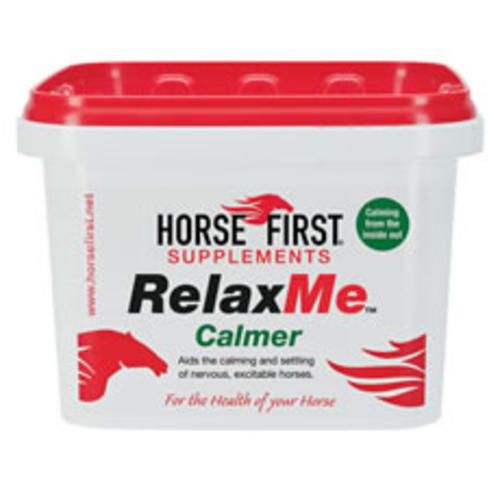

Horse First Relax Me is a two-way calming and settling supplement which settles the stomach, digestive tract and relieves nerves, excitability and stress. With a unique blend of liquorice and probiotics for optimum gut health and absorption, Horse First Relax Me will help make your horse easier to train and calmer to ride.
Protexin Gut Balancer Horse Supplement
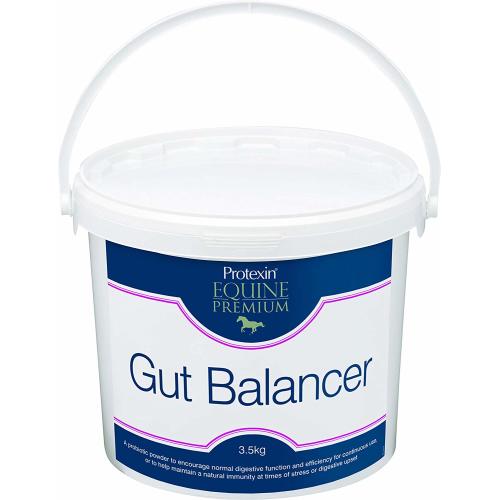

Protexin Gut Balancer For Horses is promoting normal digestive function, Protexin Gut Balancer is a palatable prebiotic and probiotic powder that can be used either continuously or simply in times of high stress or digestive upset to restore the natural gut balance. Protexin Gut Balancer has also taken over from Protexin Bio-Premium.
Yumove Joint Horse Supplement
Equine America Cortaflex HA SuperFenn Super Strength Powder
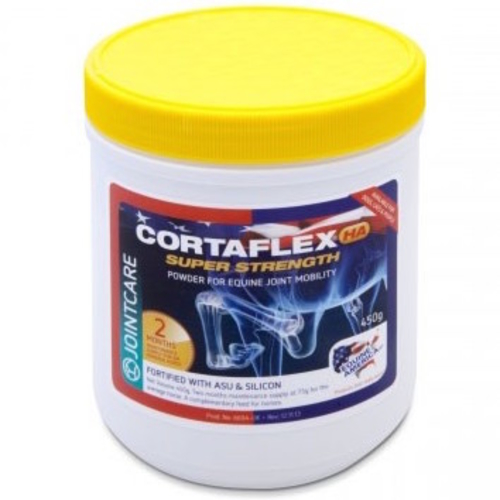

Equine America Cortaflex offers a solution to joint degeneration, damage and ageing. This fortified daily supplement can be used to protect joints from everyday wear and tear, either through competing or daily hacking. Cortaflex has been formulated with the theory that small molecules have a higher chance to be absorbed through cellular walls. With this in mind, Cortaflex contains the micro-sized key active isolates of Chondroitin and Glucosamine, providing the body with the building blocks and the stimulus for its own production of Chondroitin and Glucosamine. SuperFenn contains Bromelain and Yucca, fortified with ASU, and does not contain Devils Claw or alcohol.
Protexin Acid Ease Digestive Horse Supplement
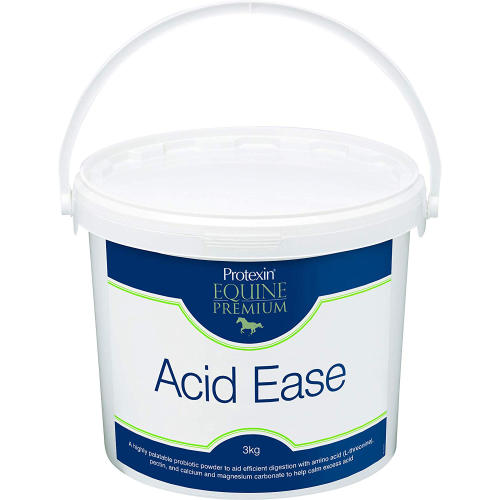

Protexin Acid Ease Digestive Horse Supplement is a concentrated and highly palatable formula that`s ideal for calming excess acid in all horses and weaned foals.
Protexin Acid Ease Digestive Horse Supplement contains calcium carbonate and magnesium carbonate, as well as kaolin, pectin and L-threonine which together act to buffer excess acid and soothe the gut lining. The high quality fibres - pectin and psyllium help make this a superior product.
Dodson & Horrell Senior Support Horse Balancer
Stud Muffins Tasty Horse Treats
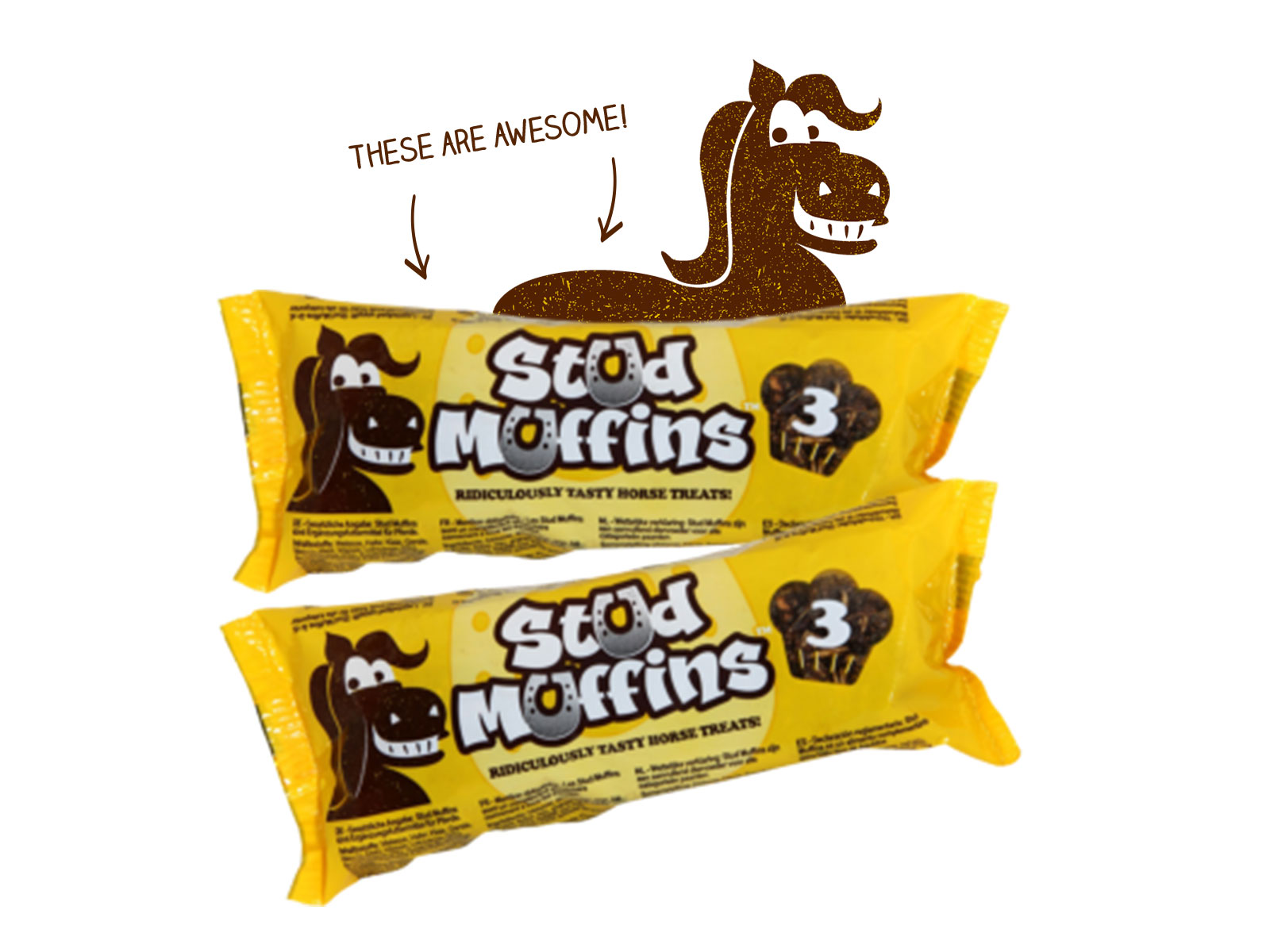

Stud Muffins Horse Tasty Treats are an irresistible and healthy snack, which have been handmade in Scotland. A wide range of oats and whole grains and active ingredients have been added to provide these treats with lots of nutritional benefits as well as a herbal aroma, such as Linseed & Fenugreek which promotes a shiny and healthy coat. The perfect treat for those well behaved horses.

Horse Supplements together with the right data could actually help keep the equine healthy. Specific types or individual horses are susceptible and often called effortless keepers by their owners. These animals are incredibly effective at utilising calories and frequently require a lower plane of nutrition to maintain weight than other horses, and that`s why EMS is actually a metabolic condition. Laminitis is a devastating feature of EMS. Laminitis is really a distressing and debilitating disease of the tissue inter-connection involving the coffin bone and hoof wall. Often by the time clinical symptoms are recognised, crippling body changes just like sinking and rotation of the coffin bone tissue have happened.
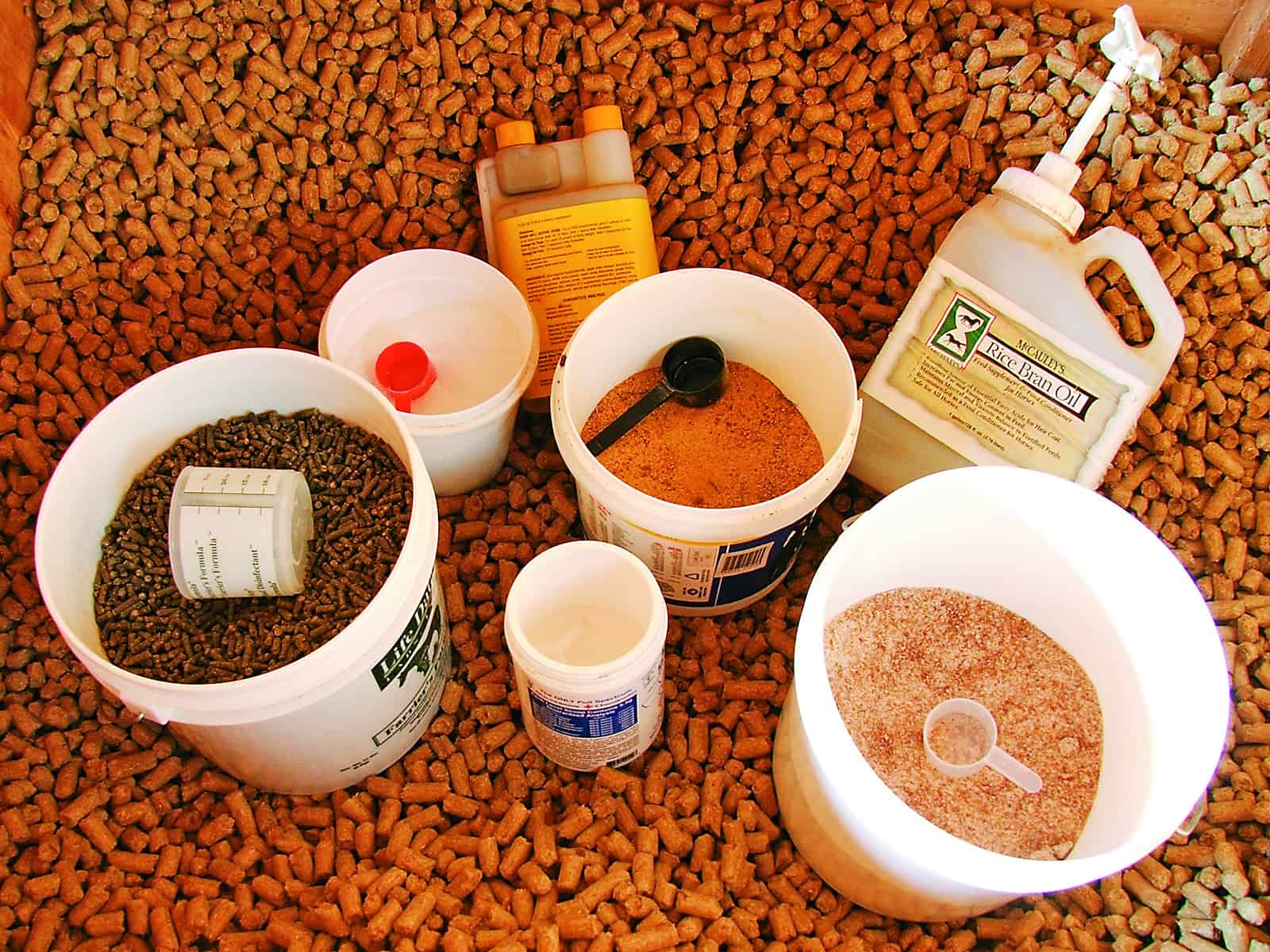
Vitamins and Minerals Needed for a Healthy Horse
There are many horse supplements out there, so it can be hard to distinguish which are good for your horse, which are unnecessary and which ones you should maybe stay away from. However, it`s important to make sure you`re only providing the supplements your horse truly needs, because overloading nutrients can be detrimental to horses` health.
Copper, Manganese and Zinc
These are all crucial minerals for horses` health, as they are key to tissue formation as well as immune function. Typically, these minerals are found within the diet itself through pasture and hay, but and imbalance could create some problems with their health, so bringing in some horse supplements to make up the ratio can be a good idea. Typically, you should look for 8 times more iron than zinc in a horse`s diet.
Calcium
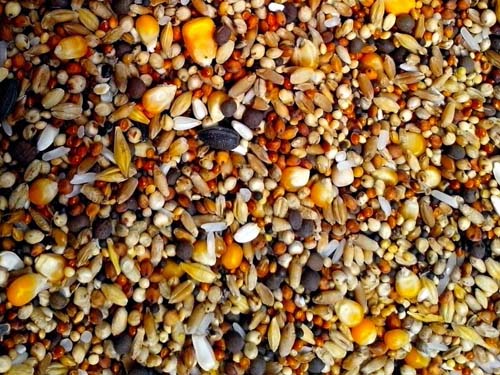
Just like humans, horse need calcium to grow to allow normal bone growth. You can find calcium in foods such as alfalfa and clover, but also barley, corn and oats. However, if your horse is suffering from calcium deficiency you should consult a vet to determine if changing up the diet could provide enough calcium, but if not a horse supplement could do wonders.
Antioxidants
These are especially important for aging horses, so making sure your older pal is getting enough antioxidants you should maybe consider supplements. Typically, when you buy a bag of feed for your horse you can get one that will advertise on it "antioxidant-rich" or "high in antioxidants" and this can be a good way to make sure your horse is getting enough. However, sometimes a horse supplement is just the way to go.
Vitamin C
Similar to humans, horses also need to get enough vitamin C for inflammatory control and normalizing body tissue. Older horses especially need vitamin C and typically it can be found in fresh greens. It`s important not to give a horse too much vitamin C, as unlike humans, it is not necessary to their diet, but in some circumstances they may need more than what they can get through feed and a horse supplement can help make up that difference.
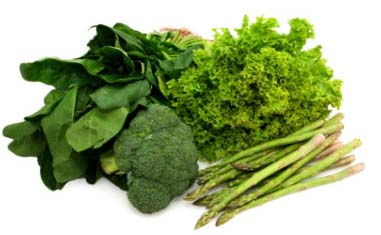
Supplements are exactly that - a supplement to an already established diet. It`s important to not go and feed your horse too many supplements or supplements they don`t need, but rather try different variations of feed and if they`re still missing things, consider the horse supplements as a way to enhance their overall health. Most importantly, just make sure you speak with a vet or do your research before adding any to your horse`s diet.
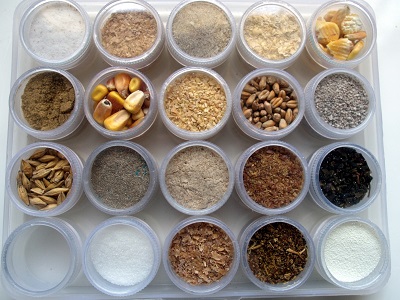
Loro Piana Icamorka
Volatile Man
- x -, -
Sophie Lindner
Sophie Lindner - Austria - Showjumping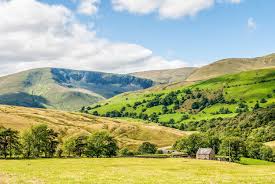
LOOPING D`HENOVIS
- x -, -
Nicolas Parigot
Nicolas Parigot - France - Eventing
